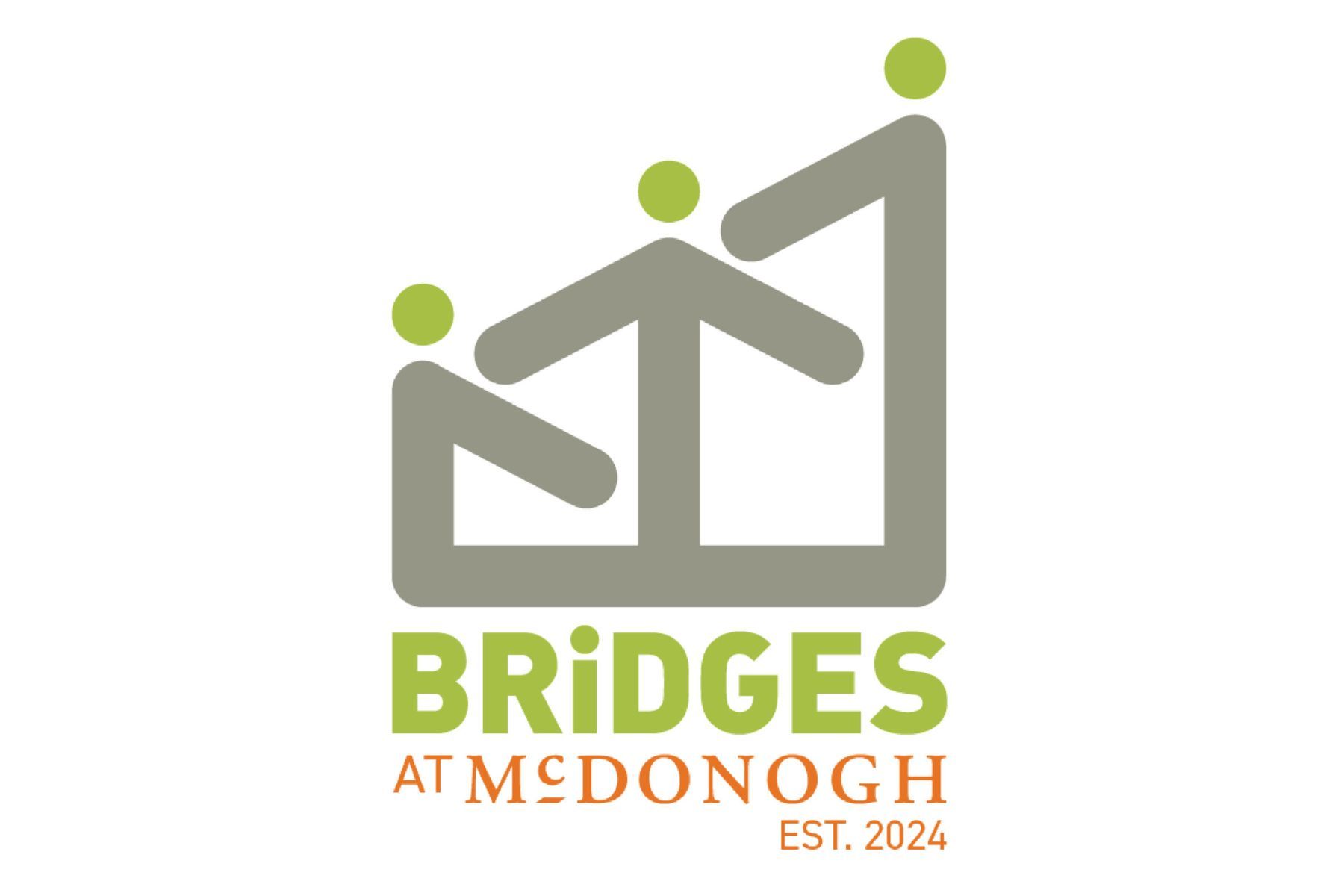Guiding Principles for Navigating Our Complex Society
In today's increasingly interconnected world, we are frequently confronted with local and global issues that challenge our values and ideals. Furthermore, we acknowledge that McDonogh’s many constituents — administrators, faculty, staff, students, parents, grandparents, and alumni — have diverse and deeply held personal beliefs and are affected differently by world events.
At McDonogh, it is rare that we will send communitywide communication on complex societal issues and events that do not directly impact our School operation. While there is often pressure for educational leaders to take stances, trust that our focus is always on carrying out our mission, vision, and values. We stand firm that there is no room in our world for hate, prejudice, or bigotry, and we unequivocally condemn such sentiments at School and in society.
The teachers in our community are educators, not experts on complicated political and cultural issues. Communicating an institutional position jeopardizes our ability to foster a community where freedom of expression is protected and everyone feels a true sense of belonging.
Our approach to moments of tension and crisis will be grounded in the following two principles.
Prioritizing the Safety and Well-being of Students, Faculty, and Staff: We will prioritize offering the support necessary for students, faculty, and staff who may be struggling. This includes but is not limited to providing resources, gatherings, check-ins, and educational programs. It is important to recognize that faculty are often supporting their students while navigating complex situations and processing information in real time.
Focusing on Freedom of Expression and Civil Discourse: As part of LifeReady learning, we encourage community members to engage with difficult topics while they deepen their capacity as curious, civil, and intellectual human beings. This position protects and nurtures our commitment to freedom of expression and civil discourse, focusing on teaching our students how to think and not what to think. To be clear, freedom of expression does not permit engaging in hateful acts or speech.
Above all, our calling is to prepare students to lead in a rapidly changing world. By focusing on their well-being and our commitment to freedom of expression and civil discourse, we know they will be equipped to do the greatest possible amount of good in our world.











